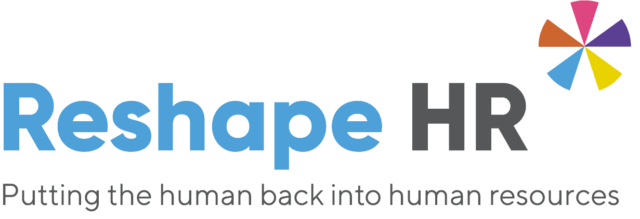The Great resignation is a phenomenon that describes the unprecedented rise in the number of workers
resigning from their jobs both during and towards the end of the pandemic.
There has since been a large amount of research and discussion as to what is driving workers to quit at such a scale. Any attempt at understanding the ‘Great Resignation’ means taking a serious look at the common criticisms of Britain’s economy, some of these being:
- burnout
- concern for health and wellbeing
- an overall lack of workplace support
- a lack of further development
- unpleasant work environments etc.
Leisure and hospitality workers led the way
The mass departure is particularly evident in retail and hospitality jobs.
In early 2021, when leisure and hospitality restrictions were starting to ease, which meant those that were placed on furlough at that point were starting to come back into the workplace following a period of furlough, whom for some were for months not weeks. Many workers had got a glimpse at what life could be like not having to work unsociable hours, or put in 50 to 60 hours a week.
Hospitality, retail and other customer focused roles can be both, rewarding and stressful. The hours can be long and unsociable at the same time.
Employees within these sectors were burdened with not just their day-to-day role, but also the added
responsibility of enforcing Covid safety measures themselves which resulted in many starting to pursue
different jobs in various sectors or industries.
This resulted in a huge labor shortage within the retail and hospitality sector. As of February 2022, there were over 180,000 vacant hospitality jobs.
Remote work has changed workers views
The migration to remote working during the pandemic gave people more time to ponder a work-life balance. With flexible schedules, no commute and the ability to work from anywhere, many businesses believed this would help people stay engaged and loyal, however it has appeared to have the opposite effect.
Remote work has renewed many people’s desires to make family priority, as many of the remote workers who are quitting are currently at firms that require them to return to the office.
A recent survey carried out by Outmatch across 60 businesses found that:
• 62% of employees leaving their roles cited poor job matches as a reason for their departure
• 58% were unhappy with training and performance challenges
This data supports the feeling among remote workers that they don’t have the support or relationships to be successful.
Remote working can be extremely challenging, especially when starting a new job. Many new and existing employees come across instances which require support or collaboration amongst the team which can prove to be difficult as fellow colleagues are not in direct reach. The isolation can drive a wedge between the employee and the work experience, resulting in an employee reconsidering their position as a remote worker.
Reduce turnover by investing in people
It’s never too late to start investing in your people.
Building a culture within your business is a fundamental starting point for any business. It shows that you
invest in your people and can start off by reviewing existing Company policies and procedures, benefits etc.
Additionally, it can take into account an employee’s typical day, which may involve not just work, but their
personal life such as their health and wellbeing, family interactions, switching off after work and much more.
If additional tasks and duties are starting to pile up for your employees or they are being asked of more and more, then it is very likely that they will soon:
- either resign
- take additional time off
- potentially take a period of sickness absence as a result of workplace pressures
It is always great to assess and measure job roles and the effectiveness of your policies on an annual basis to ensure that they are reasonable to avoid scenarios such as those already mentioned in the article.
However, once an employee decides to move on, it’s always best to wish them well for their next adventure. It shouldn’t be a contentious ending, but an opportunity for both businesses and HR to gain some insights into reasons for resignation and what could be done internally to minimise this.
After all, employee happiness is the core factor in both, retention and the growth of the business.
Reshape HR is here to assist. We work with a variety of clients based across the UK, so if you are looking for HR or Payroll support or simply looking to run something past us, please do get in touch with us via:
T: 0141 471 5510
E: info@reshapehr.com
W: reshapehr.com
#Scotland
#TheGreatResignation
#HR
#ReshapeHR
#HRSupport
#HRConsultancy
#PayrollOutsourcing
#RecruitmentSupport
#Glasgow

